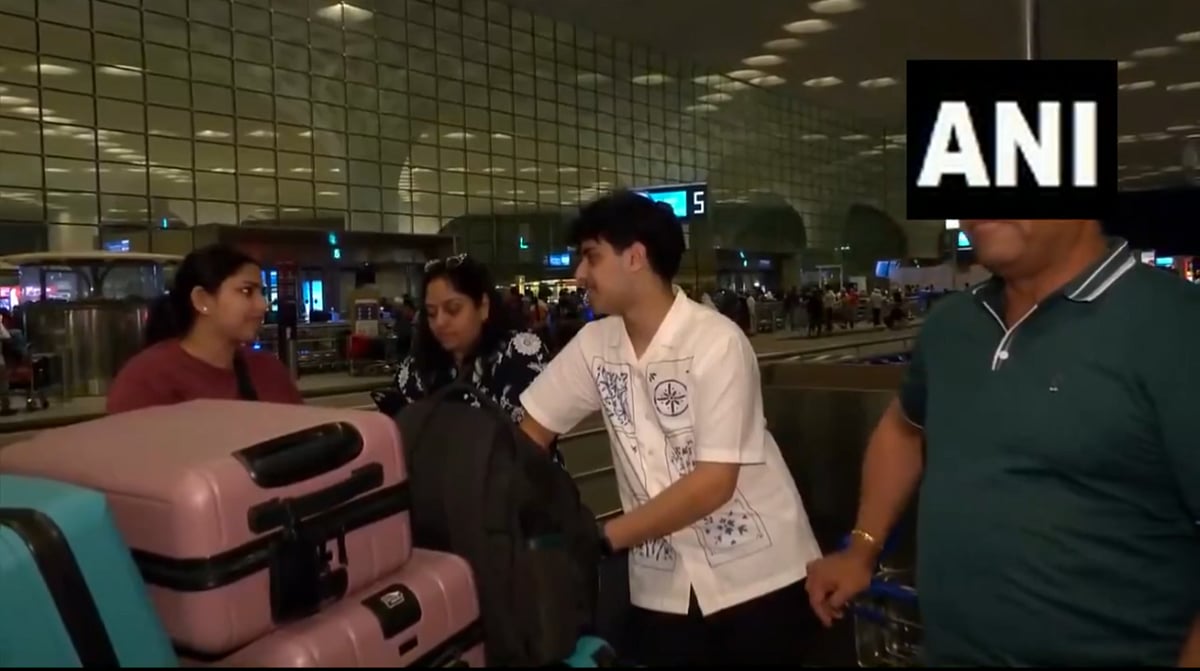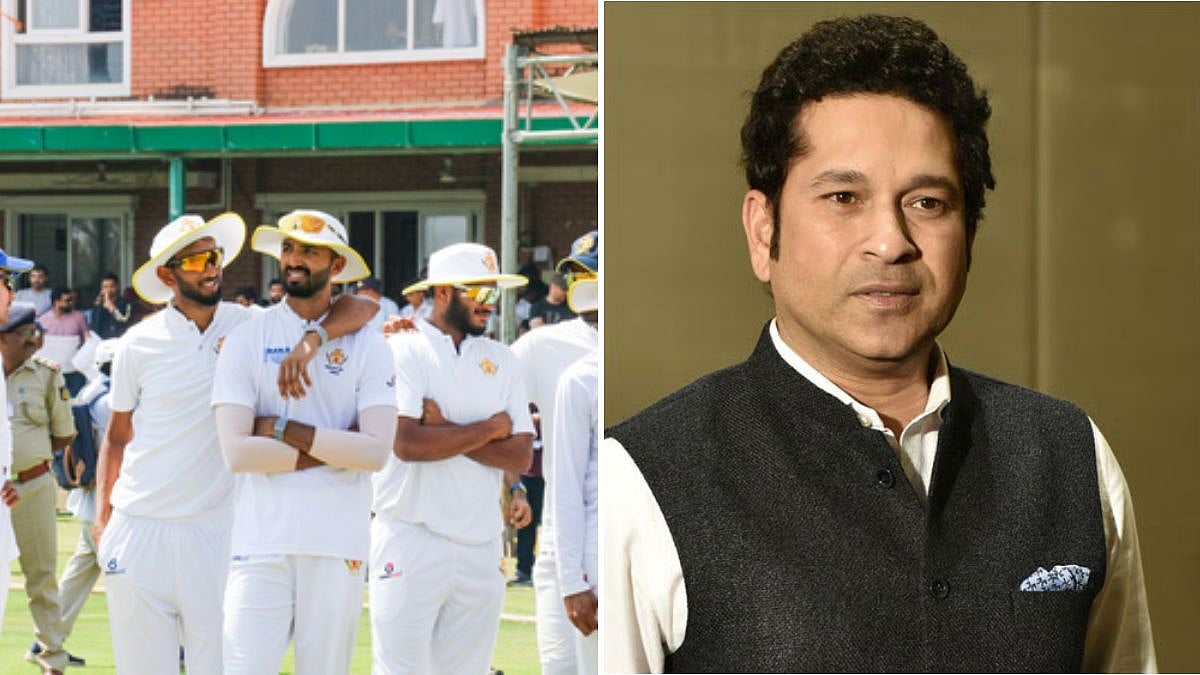The arrest of Nationalist Congress Party (NCP) leader and minister for minority affairs in Maharashtra Nawab Malik would not have surprised many. Especially, as he was arrested by the Enforcement Directorate for money laundering that allegedly happened 23 years ago. Why it appeared natural for many is because of the reputation the ED has created as a handmaiden of the Union government. Whether one likes his abrasive style of functioning or not, he is one of the most outspoken ministers in the Maha Vikas Aghadi government. His party leader and former chief minister Sharad Pawar has rightly explained why the EC has taken the easy route of linking him to Dawood Ibrahim. There is no doubt that Malik had stirred a hornets’ nest when he single-handedly exposed the way in which the narcotic control authorities tried to fix actor Shah Rukh Khan’s son in an apparently cooked-up case. He might have got involved in the case, as his own relative was at the receiving end of the same agency.
Malik did not leave the matter at that point, as he even made serious charges against BJP leader and former chief minister Devendra Fadnavis. Whatever be his politics, an agency like the Enforcement Directorate should not be influenced by it to move against him. True, in the eyes of the law, everybody is equal and no special treatment needs to be given to any person just because of the position he holds. In other words, ministership of a person should not be a deterrent for an investigating agency to take action against him.
In the instant case, the ED has arrested Malik on a money laundering charge. Incidentally, the law against money laundering was enacted only in 2002 when the BJP-led National Democratic Alliance (NDA) government was in power. However, the alleged money laundering happened three years before the law was enacted. It is a jigsaw puzzle whether the charge will eventually stand judicial scrutiny. Allowance also has to be made for the claim that Malik was himself a victim of fraud in the land deal. Since the prosecution admits that he made a payment of Rs 85 lakh, including Rs 55 lakh in cash, it is difficult to believe that he would make such a huge payment if he knew that the property documents were not proper or forged. He appears more sinned against than sinning.
Prima facie, the case appears to have been hastily registered, though the alleged crime happened nearly two and a half decades ago. That is what makes the bona fides of the ED suspect. Malik is the second NCP leader, after former minister Anil Deshmukh, against whom the ED has acted. But for his political background, the ED would not have taken action against him. Unfortunately, a clear pattern has evolved in the country. Anyone who acts against the government, whether he is a politician or an activist or a journalist or a common citizen, he is targeted by one of the Central agencies. The record of the Congress when it was in power was not very complimentary to it. Now, the situation has taken a turn for the worse with the Central agencies becoming brazen about their conduct. There has been a quantum jump in the number of cases registered against leaders of parties like the Congress, the Trinamool Congress and the NCP. An impression has gained ground that the surest way to escape the attention of Central agencies like the CBI and the ED is to join the BJP. In comparison, few BJP members are in their net.
The collusion the Central government has with agencies like the ED was obvious when its joint director, who led the investigation in several politically important cases, Rajeshwar Singh, took voluntary retirement from the IPS and, two days later, and was fielded on the BJP ticket from Sarojini Nagar in Lucknow. If anything, it exposed the close links the BJP had with the ED when Singh was investigating criminal cases against many political leaders. True, the use of force and armed might of the state to enforce the ruler’s dictates had gained almost universal legitimacy in ancient statecraft. Kautilya’s Arthasastra and several other extant historical sources testify to this practice, however flawed it is.
In a democracy, what is paramount is the rule of law. It presupposes that no action would be taken against anyone, except under the due process of law and in an absolutely free and fair manner. As Patrick Colquhoun, one of the founders of the New Police in Britain, has pointed out, “Next to the blessings which a nation derives from an excellent Constitution and a system of general laws are those advantages which result from a well-regulated and energetic plan of police, conducted and enforced with purity, activity, vigilance and discretion”. How one wishes the ED’s conduct had conformed to this lofty ideal!





